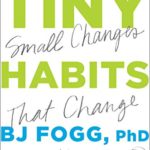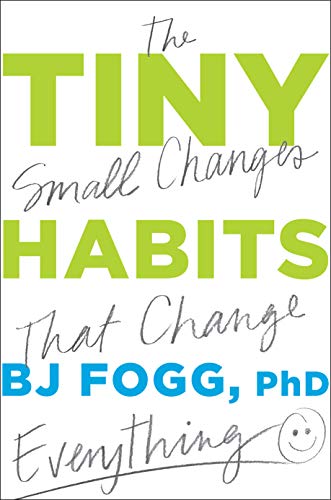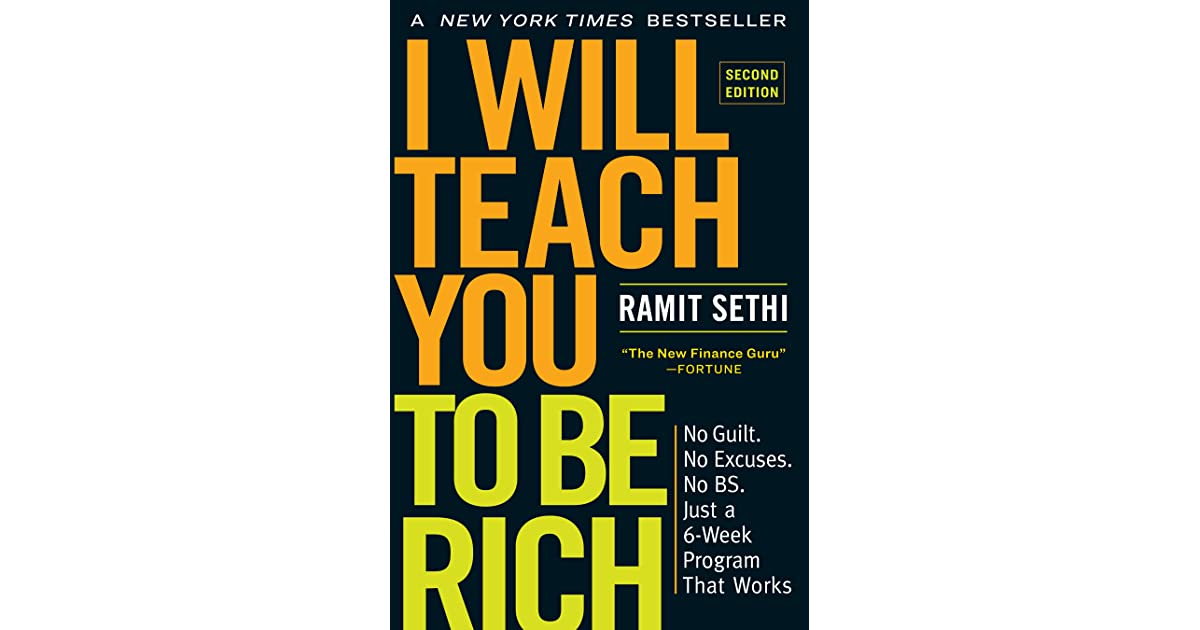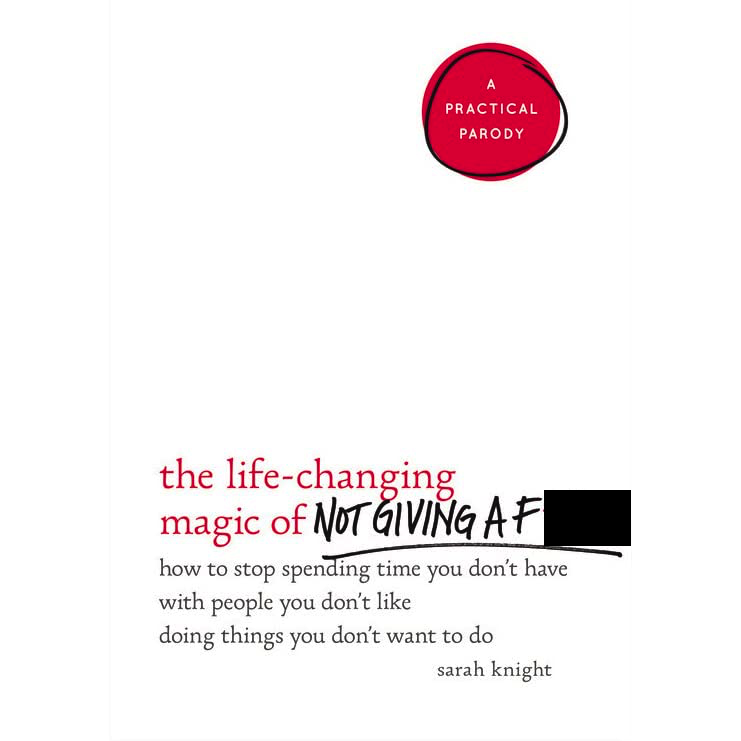It’s a little odd that Jen Sincero’s “You are a Badass” became such a huge hit—not because it’s so full of bad information (as with most books like this, it’s a mixed bag full of candy, vegetables, and cyanide), but because when you get past the title, and the fact that she uses words like “awesomus maximus,” a lot of her lessons aren’t things we haven’t heard before: Believe in yourself, follow your heart, act now, envision everything, connect to the universe, don’t focus on anything about you that blows, etc.
The real success of the book lies in not in telling us the new, but in translating the more hippy dippy parts of self-help to an audience that showers instead of buying magic crystals. She does this by throwing in a lot of casual language and relatable stories, instead of trying (as other books with this subject matter do) to appear to be the literary equivalent of eating a plate full of grass with Deepak Chopra.
In doing so, she attempts (and succeeds) at communicating these ideas to more, well, normal people in a way that still remains inspirational.
Now there’s a lot of good in this book.
While she does advocate for the massively bullshitty law of attraction, she also deviates from the part of it that is really damaging—the idea that you don’t have to do any work. This means you’re just visualizing what you want more along with action, which is probably helpful. She does say it works for total bullshit reasons (frequency vibrations!), but since she purposefully cuts out the worst part of it, she gets a pass.
And perhaps above all else, the book is inspirational, which is an important part of any book of its type. If you give into it at all, you do start to really believe that if you get over your more idiotic fears, you can be a much better version of yourself, which is huge.
The idea that you are born a badass, and are trained to essentially plaster over that throughout your life is a cool, interesting take on believing in yourself—certainly more upbeat than my approach of, “You’re dogshit right now, but you can be a lot better.”
Her idea is based in the notion that everyone has something awesome to contribute, which has its ups and downs. For example, one down is that it’s…complete horseshit.
Don’t get me wrong. Some of us—more than we recognize—have something special for sure, and that’s where books like this can be useful.
But there is nothing in all of science that indicates that bursting from a female human leads to you being gifted in any specific way. It’s a pleasant thought, but a lot of people out there are just the product of a below average dude dropping his load into a below average woman for funsies and making below average people with below average abilities. Many of these people would likely be happiest and most useful being a cog in the machine, and telling them that they should give in to our culture-wide addiction to exceptionalism is pretty fucked up.
I’m guessing she’s relying on the fact that those people don’t read books, which honestly is fair, but it’s still not cool as a blanket statement.
The Primary Bullshit, and Its Safety Net
One major message of the book is focused on relying on your intuition/the universe/”source energy” (gag) for guidance about what you should do. Once you do that, you can achieve and obtain anything if you believe with all sincerity that it will happen (or as she puts it, if you act is if that’s already your reality.)
Which is really a dressed up way of saying, “Do whatever the fuck you want.”
That really is what it comes down to. Intuition is nothing but what happens when you subtract fear from desire. And if you believe you’re a snowflake superstar and can’t fail, and you’re convinced to eschew all fear, then all you have left is desire.
So when you try to “listen to the universe,” it’s just going to tell you what you want to hear. Nobody has ever wanted to move to New York and pursue their Broadway dream, then listened to the universe and had the universe go, “No no. Stay in Jefferson City. You’ll ultimately be happier studying business and finding something stable near your parents.”
This lesson does include some really positive offshoots, like an emphasis on finding creative solutions to seemingly impossible desires, instead of just assuming that they’re actually impossible.
But then the book furthers this by adopting an attitude of “Fuck what others think.” Now don’t get me wrong, this is a great attitude to adopt emotionally, and you should ultimately make your own decisions.
But if you apply “fuck what others think” to mean you should refuse to even listen to caring, logical advice from close friends because they’re “no longer on your vibration,” you’re kind of just a fucking asshole. You’re ignoring reason from people who care about you because book lady said to “raise your vibration,” and you should probably hate yourself at least a little for doing that.
Now to be fair, “do what you want” isn’t as terrible of advice as it sounds, because the book also (broadly speaking) advocates the most widespread idea in all of self-help, which boils down to this: “Stay really fucking positive.”
It’s not in those words necessarily, but that is the message. When shit goes wrong, and you plunge into debt, and you feel like cutting yourself, smile! Stay positive and keep plugging away.
She gives many examples of how this has worked for others, and supports her case well (because it’s a valid lesson).
Now, if “Stay really fucking positive,” sounds like the perfect fail-safe for what could be bad advice, it’s because it is.
“Oh, you followed your intuition and it lead you to sleeping in a dumpster behind a Del Taco? Uh…uh…shit. Uh….this is just your train of life making a stop. Shit. And uh…stay on that train, and keep chugging away, and know that you’re…an awesome superhero, and you can do anything! Oof.”
All of self-help falls back on the idea that even if the advice is terrible, “Stay really fucking positive,” will at least keep your head above water, and keep you going towards what you want.
With that said, as much as this is something of a safety net, it’s also the most crucial advice you can ever follow.
Because even if the advice you receive is great, your life may go to shit anyway. Staying positive is important then too. Your life could turn into a dream. Also, staying positive is the best option. You could be transported into another dimension, and you could have no idea how you got there or where you’re allowed to pee.
Again, staying positive is the right first step.
So it doesn’t seem too bad. But with that fail-safe in her back pocket, she does take the “certainty you will succeed” thing to an extreme that is kind of…not cool. She tells the reader that they should do what they want (or sorry “follow their intuition”) regardless of what any analysis reveals, she advocates buying shit you can’t currently pay for, and at one point, she even brings up an example where she supports a woman quitting her high paying job to chase her dreams even though she has kids.
She goes on to say how the mother shouldn’t listen to her friends that say, “Shouldn’t you be concerned about doing that?” After all, the mother’s friends aren’t vibrating on the mother’s frequency.
And at that point, okay, yeah. Maybe go fuck yourself a little bit. With how successful “You are a Badass” is, for sure someone applied that approach, and as a result, some kids are having a much rougher upbringing right now.
Over all, the book has probably helped a lot of people, and probably put some others on welfare. It’s a mixed bag. If you know what to listen to, it’s definitely worth a listen/read–which to be fair, you could also say about most self-help books—from The Secret, to How to Win Friends and Influence People, to The Bible.
So maybe check it out. It will definitely ruin your life/bring you salvation.
If you’ve read this book, and have your own thoughts, feel free to leave a comment.
Otherwise, I’ll likely be updating this every few weeks, because I have a horrible attention span, and it usually takes me about three tries to get through a paragraph. So if you’d like to follow along, the next book I’ll be writing about is “He’s Just Not That Into You.”











